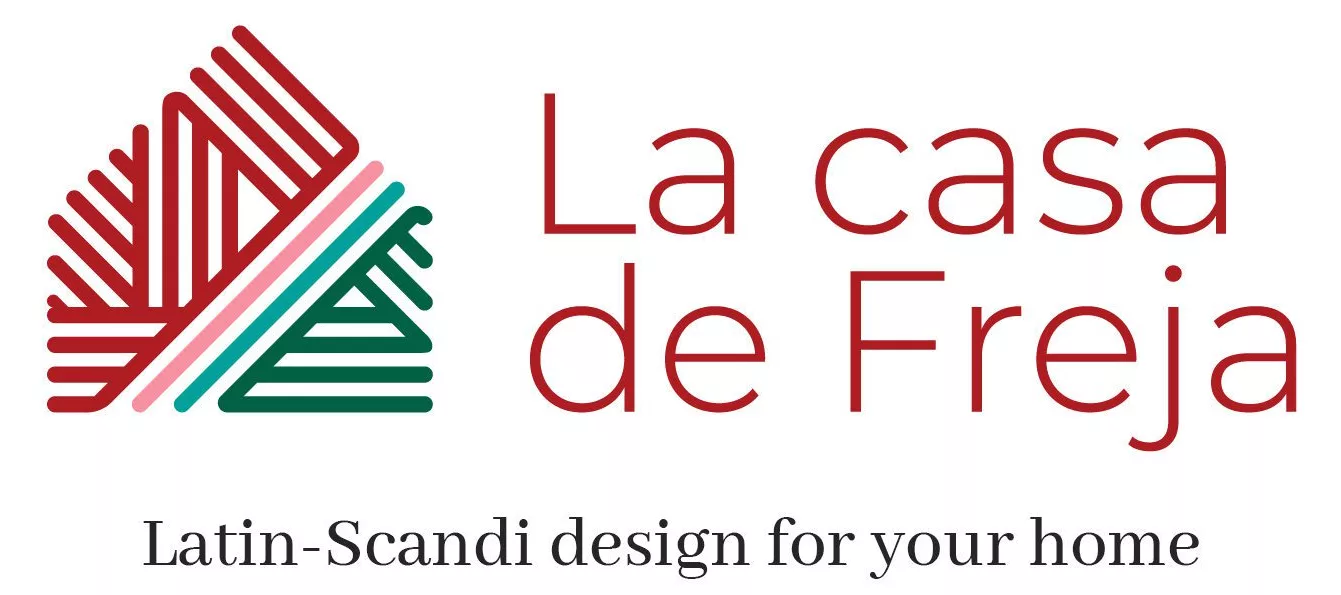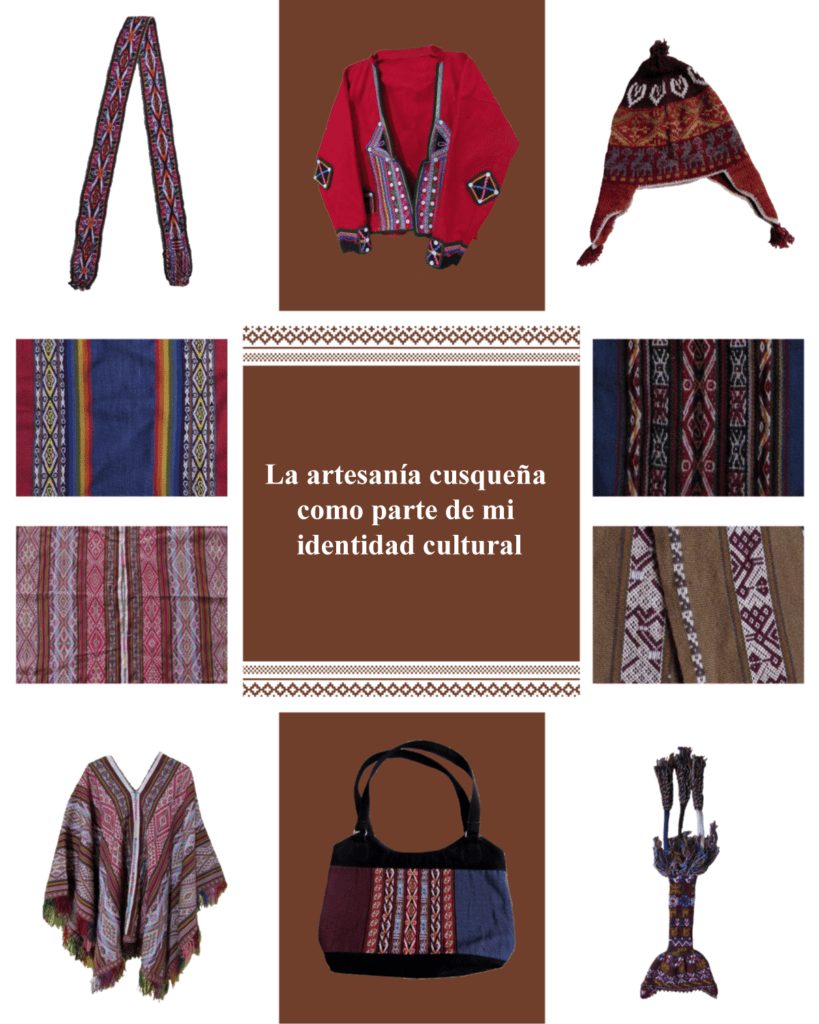As an Andean and Quechua-speaking woman from the Yanacocha community in Chinchero (Cusco), I have always wondered about the meaning of cultural identity. According to Jaime Fisher, it is the sense of belonging to a specific social group it differentiates us from others. All this is shown in the ethnic groups, languages, beliefs, customs, festivals, rituals, and ceremonies, thus manifesting lifestyles and behaviors within society. So, I wonder where my cultural identity is. Perhaps I left it when I left my community to study, or I brought it among my things to the city of Cusco. I only know that living far from family and my social group is difficult.
Cusco is an urban area with a lot of tourist influx; here, I remember my land and my people. In this way, I find my cultural identity in my consciousness, my way of seeing the world. I carry my little girl from the chuño and corn I eat, my clothes, and the blanket. Also, in the clay plates and cups, I use at the table, in my Quechua speaking, in the lullabies I sing to my girl, in the clothes that I knit to dress, in my husband’s poncho and chullo. Although we are camouflaged in the city of Cusco, we keep our origin in mind and celebrate each traditional festival from a distance.
Therefore, craftsmanship is not just an object or product; it is more than iconographies and symbols. It represents unique experiences; it reflects ways of life, a millenary history full of worldviews, and ways of seeing the world. Handmade products are living culture and cultural heritage loaded with a high emotional and sentimental value for us. Their long manual process makes them unique pieces. To carry them out, typical techniques and instruments of each cultural group are used and are made with natural products from the area without affecting the environment.
In this way, our cultural identity is in our typical costume, in the handwoven textiles we make to dress our children, in the kitchenware and food daily. It is there where our culture is called craftsmanship because it reflects our memories, feelings, ancestral knowledge, and future wishes. That is why each piece is unique and of great cultural value.
Lid Katy Quillahuaman Quispe


